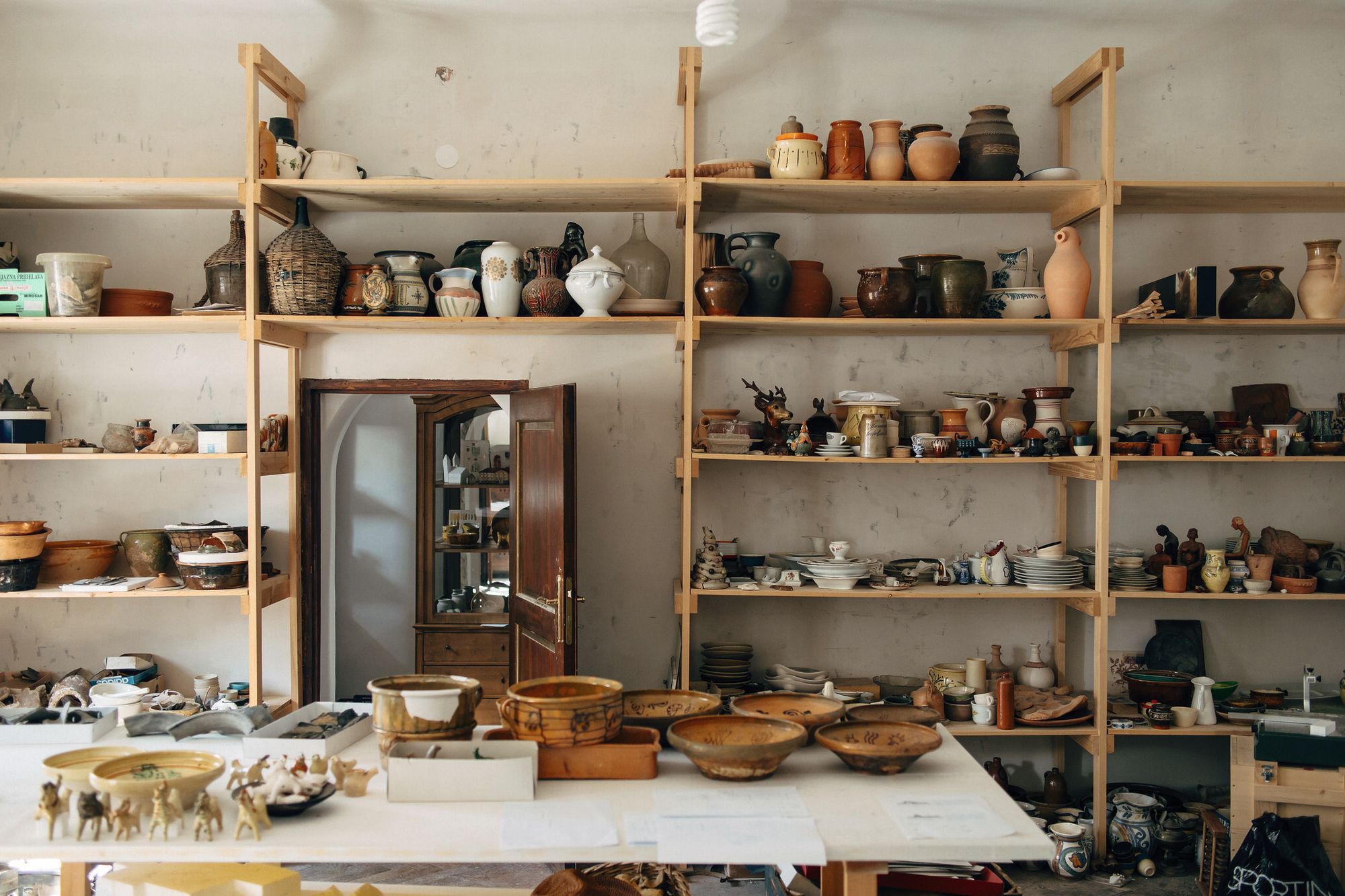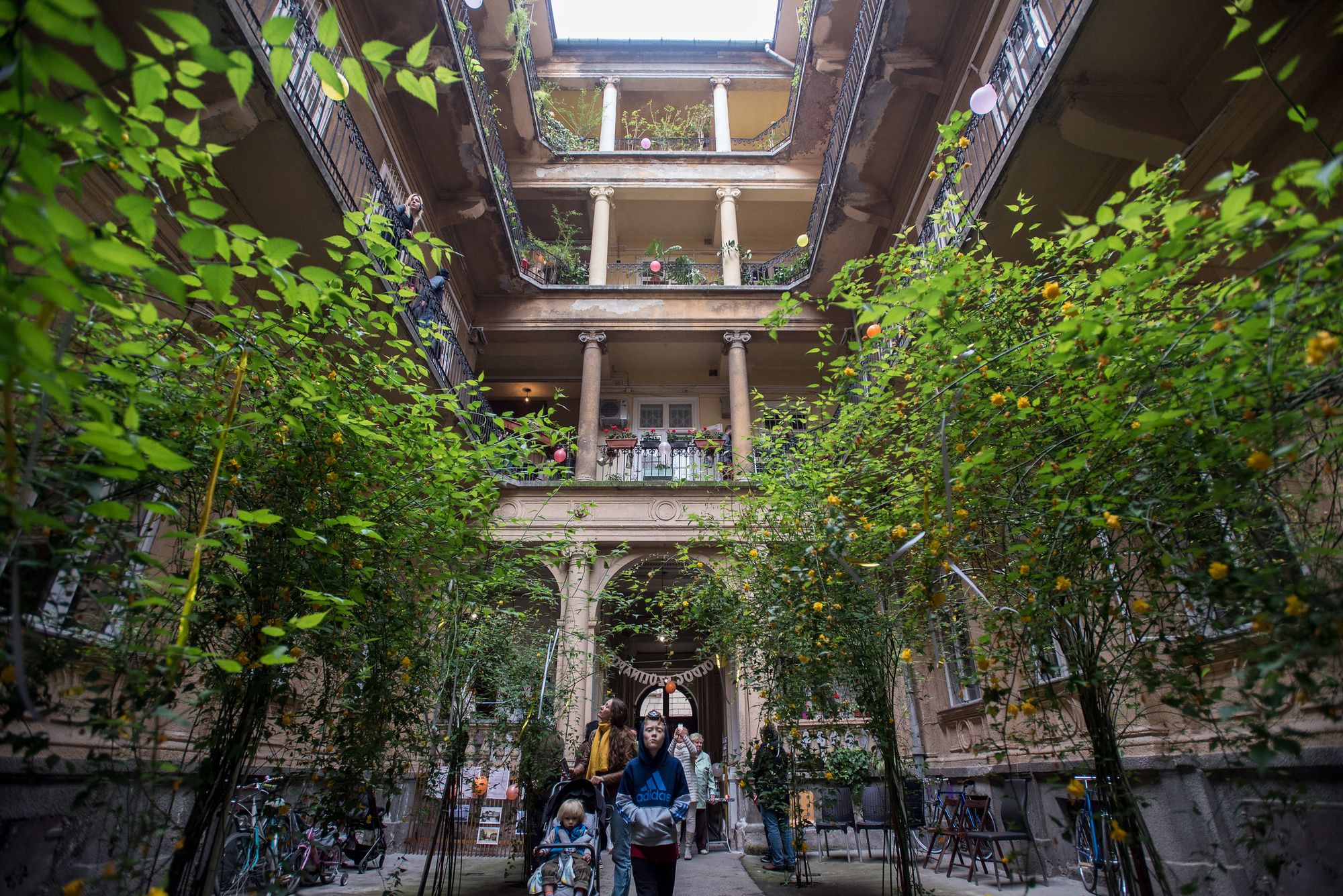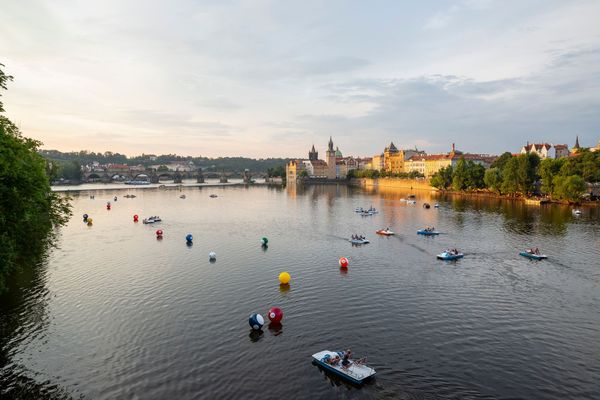The European Commission and Europa Nostra have announced yesterday the winners of the European Heritage Awards / Europa Nostra Awards 2023, which included several Central and Eastern European projects.
Europa Nostra represents civil society organisations working for the preservation of Europe’s cultural and natural heritage. The annual festival Budapest 100, which celebrates the built heritage of the city and the transfrontier network of volunteers of SUCHO, which web archived over 50TB of data from Ukrainian cultural institutions in the first months of the war in Ukraine, were highlighted on the award’s website. And the voting for the Public Choice Award is just getting underway: the winner will be entitled to a cash prize of €10,000.

In the Conservation & Adaptive Reuse category, winners included a brewery revived by Czech architects Jana and Pavel Prouza to house cultural and business activities, a restored 19th-century wooden building in Vilnius that serves as a museum and community center, and a Krakow altarpiece, carved from 1477 to 1489, which took more than 1,000 days to meticulously restore in situ.
In the Education, Training & Skills category, the Austrian-Slovenian-Croatian-Serbian MADE IN platform was awarded, which brings together designers, researchers, and curators promoting crafts to ensure the sustainability of communities, along with the Romanian Pathfinders of the Waters project promoting the value of local heritage and new skills among children in villages along the Danube.

In the Citizens’ Engagement & Awareness-raising category, the awards went to the Budapest 100, which celebrates the built heritage of the Hungarian capital and showcases the value of its houses, fostering connections, the Romanian Via Transilvanica, which connects 12 UNESCO World Heritage sites and serves as a link between local communities and traditions, and the Ukrainian Un-archiving Post-industry, which digitally preserves endangered industrial heritage collections in the East part of Ukraine.

In the Heritage Champions category, the Ukrainian-international SUCHO project has archived over 50TB of data from Ukrainian cultural institutions.
Source: europanostra.org

Unique apartment in an Art Nouveau villa in Prague

Hungarian artist’s installation sways on the Vltava in Prague










